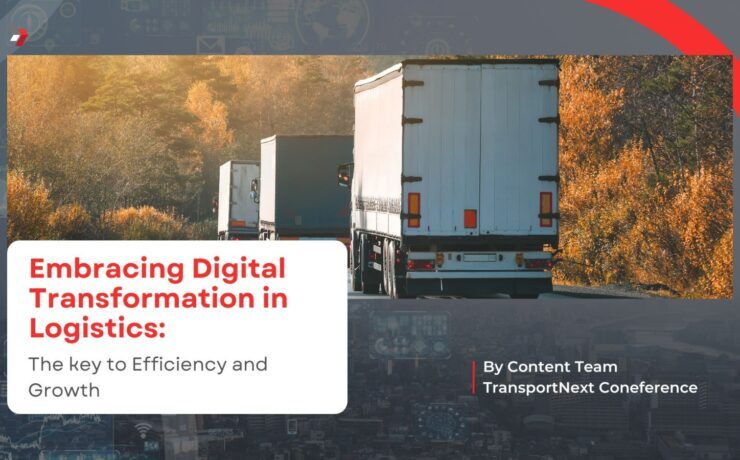Transforming Logistics: How Autonomous Vehicles Are Shaping The Future Of Logistics

In The field of Logistics, the once-fictional elements of stories are now becoming tangible realities. From hand-driven vehicles to motorized ones, and now with the emergence of Self-driving Technology, science, and technology are continually exceeding expectations and pushing the boundaries of possibility in the Logistics and Transportation Industry.
Autonomous Vehicles more popularly known as Self-driving cars hold the potential of revolutionizing the Logistics and Transportation industry. The sophisticated technology they are equipped with, which includes Cameras, RADARs, LiDARs, and powerful software algorithms, enables Autonomous Vehicles to perceive their surroundings, make decisions, and navigate without human intervention.
With the advent of Autonomous Vehicles, the Logistics industry may offer the promise of safer roads, enhanced mobility, and transformation of urban landscapes. Autonomous Vehicles have the power to revolutionize how people and goods move, offering a glimpse into a safer, more efficient, and sustainable transportation system.
The Society of Automotive Engineers (SAE) has categorized the vehicles into six stages of automation as follows:
Stage 0: Full driver control, with warnings.
Stage 1:Driver control, with one automation feature.
Stage 2:Driver control with two automation features.
Stage 3: conditional autonomy, driver supervision needed.
Stage 4: fully autonomous within boundaries.
Stage 5: Fully autonomous, no human intervention.
Currently, mainstream companies like Google(WAYMO), Uber, Volvo, Mercedes, BMW, Apple, Tesla etc are in pursuit of getting a fully autonomous vehicle on the road. Apple’s AV under the “Project Titan” is expected to hit the market sometime between 2023-2025. Tesla’s Autopilot , is classified as Stage 2 where the car acts autonomously but a driver monitors and can take control when required As reported in The Economic Times recently, Tesla’s Model 3 and Model Y vehicles underwent testing and were found compliant with China’s data security standards.Stage 4 automation is predicted to be available by 2030-35. A recent minute-long video from India’s Bhopal-based Startup, Swaayatt Robots shows a sensor-laden SUV navigating through crowded, narrow and unmarked streets, dodging pedestrians, animals, and erratic traffic showcasing promising progress.
Despite the gradual growth, the advantages of Autonomous Vehicles are undeniably evident and far-reaching in the Logistics and Transportation Industry. The core architecture of AVs are the softwares, chips and electronics making them more efficient which will help reduce traffic congestion, accidents, CO2 emissions, fuel consumption, travel time and thus transportation time which will contribute towards the Sustainable Logistics approach. Platooning of AVs will potentially increase lane capacity and cut back on land use for parking for logistics purposes. With Autonomous taxis, the waiting time and costs of the ride are also expected to come down significantly.
However there are many obstacles hindering the introduction of the AVs – current road navigation systems, laws and regulations, public acceptance, ethical issues, and the technology itself being the few to list. Although there are some disadvantages of AVs, the advantages of AVs are many and far-reaching and we can expect to see even more significant benefits emerging.
Autonomous Vehicles are poised to revolutionize the Logistics and Transportation industry, despite their limitations and its challenging to keep track of all advancements and innovations hence Logistics events and conferences have significant importance. Logistic Events are vital for gaining insights into industry practices and innovations, facilitating meaningful connections and opening doors for shared resources. An annual premier worldwide event, the TransportNext Awards, Conference and Expo is organized by Next Business Media in Singapore and the United States. The transport and logistics community throughout the rest of the world is served by the Singapore edition.By taking advantage of Singapore’s advantageous position, it offers a forum for global cooperation and knowledge sharing.TransportNext Singapore provides enlightening talks, engaging workshops, and a large expo. It also highlights innovative solutions and promotes strategic alliances. The TransportNext Awards, which honor achievements in the sector, are the focal point. This Logistics event guarantees an unmatched networking and growth-promoting experience because of its global reach and dedication to Logistics and Transportation industry improvement.





